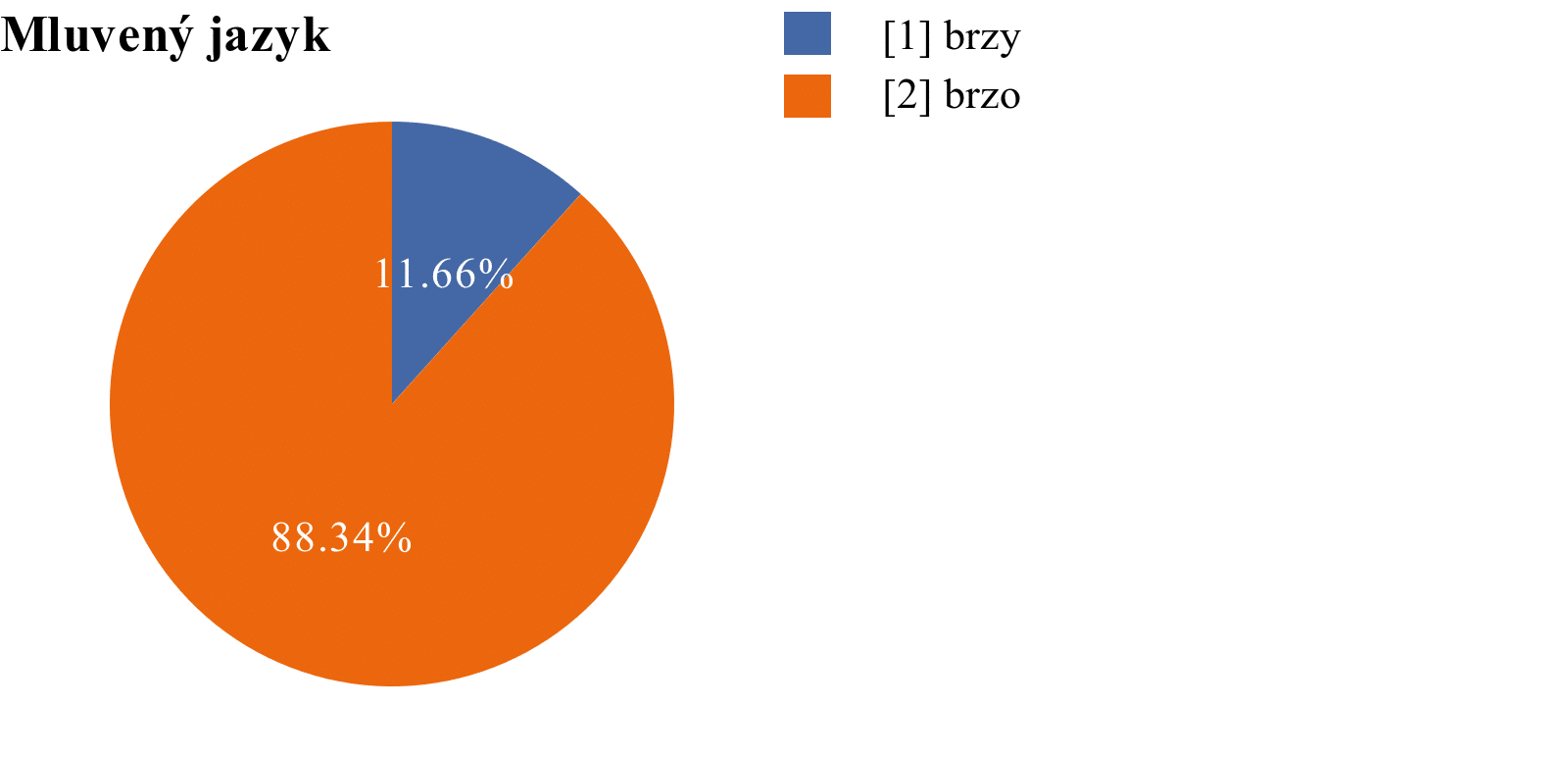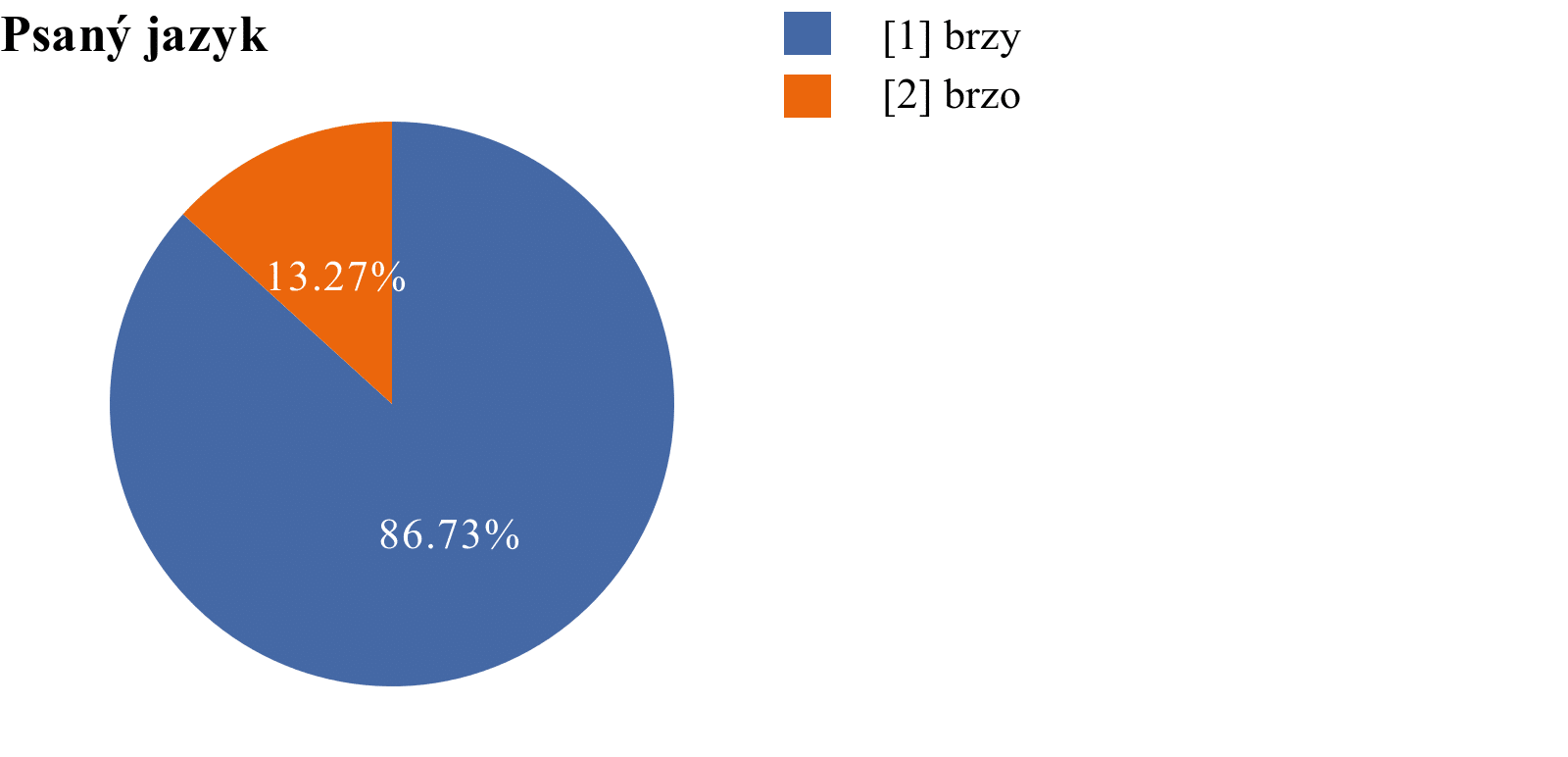7.1 – brzo/brzy, pozdě…dřív, později
|
|
|
Let’s first start out with the words brzo/brzy ‘early’ and pozdě ‘late’. In this unit they can be used with verbs such as vstávat ‘to get up’ or chodit spát ‘to go to sleep’.
Chodíte spát brzo nebo pozdě?
Do you go to sleep early or late?
But we can also talk about other activities:
Ivana ráda cvičí brzo ráno.
Ivana likes to exercise early in the morning.
The phrase chodit/jít pozdě means ‘to run late’
Ten student vždycky chodí na přednášky pozdě.
That student always comes to lectures late.
Jdu pozdě? Omlouvám se, doufám, že jste na mě moc dlouho nečekali.
Am I late? I am sorry, I hope you didn’t wait too long for me.
dřív ‘earlier’, později ‘later’
These forms are comparatives of the words we just learned and can be used to compare two people. Remember to use the word než ‘than’, when comparing:
|
|
comparative form |
|
brzo/brzy ‘early’ |
dřív(e)[1] ‘earlier’ |
|
pozdě ‘late’ |
později ‘later’ |
Jan vstává dřív než Lucie.
Jan gets up earlier than Lucie.
Zdeněk chodí spát později než Pavel.
Zdeněk goes to sleep later than Pavel.
*Optional*
Now something a little more advanced…
brzo vs. brzy?
brzo…brzy…what’s the difference? It turns out that they have the same meaning, but brzo is used a lot more often in spoken language (mluvený jazyk), while brzy is used a lot more in written language (psaný jazyk). Just take a look at the following graphs:
|
|
|
brzo is used way more often in spoken language, while the inverse is true in the written language, brzy is used with high frequency.
Graphs from https://syd.korpus.cz
Images used in this document come from these sources.
[1] dříve is more characteristic of the written language (Spisovná čeština) or more formal speech, while dřív is what you’ll hear in everyday language.



